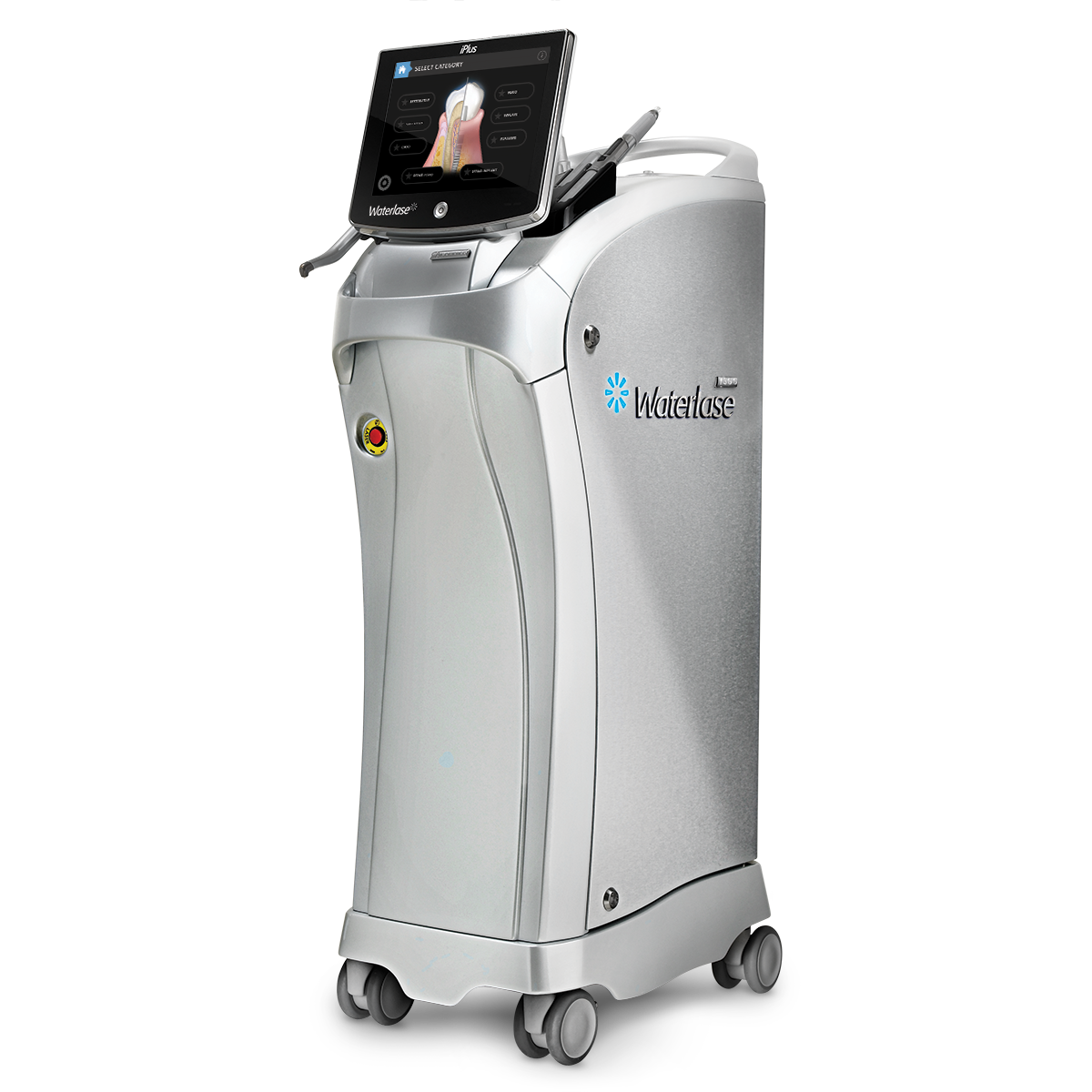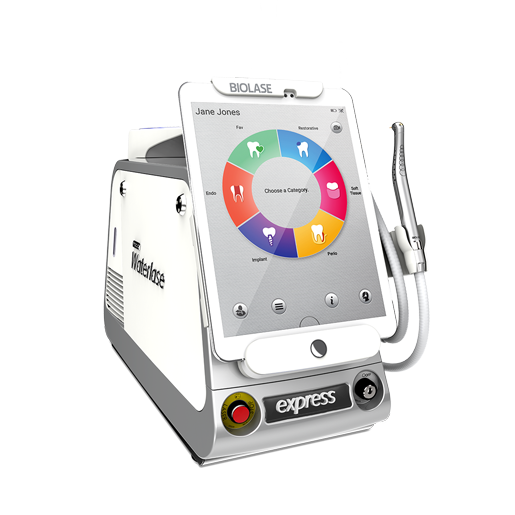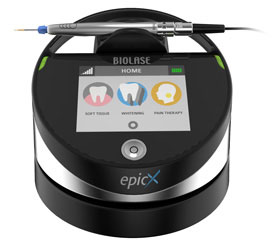It’s time of year again – time to visit your dentist. But there’s one problem: you don’t like the dentist, to put it mildly, which is preventing you from making that appointment. And scheduling dentist appointments is an important part of your health regimen because oral health is a strong indicator of overall health. Your dentist can even discover potential issues before they become major ones, and they can prevent others before they even begin. But despite these great reasons to see your dentist, your dental phobia can stop you from going.
What is Dental Phobia?
Many people dislike going to the dentist, but dental phobia is more than that. It is an irrational and severe fear, exacerbated by exposure to the stimuli present in the situation. At the dentist, this stimuli includes medicinal smells, drill sounds, and sensations in your mouth. Some signs you may have a dental phobia include:
- Actively avoiding seeing your dentist due to fear, even when you have dental problems.
- Either thinking excessively about not going to the dentist or conversely, avoiding thinking about it at all.
- Feeling embarrassed, or having anxiety attacks just when thinking of going.
- Immediate gagging or choking at the start of or during procedures.
- Loathe even the thought of the needle, drill, and other sounds associated with dental work.
However, you are not alone. With the number of people who have a dental phobia, there are strategies that minimize the fear, and can even make the visit a relatively uneventful occurrence. Here are some ways you can combat dental phobia:
- Understand the technology: Dentists that are investing in the latest technologies in dentistry typically offer up an entirely unique – and phobia-free – dental experience. Two examples are lasers that can perform fillings without a needle or the dreaded drill, or 3D imaging x-ray systems to improve diagnosis and less invasive treatment plans. Also technology is greatly improving recovery times, resulting in faster healing, more comfort – and less dental phobia for you.
- Find the right dentist: Sometimes a dental phobia can come about through a history of bad dental experiences. But what if you found the right dentist – the one who listens to you, explains procedures, is gentle, and has a professional yet friendly manner – this could be the turning point you need. Interview dentists, examine their practice, and ask about credentials to find one that fits your needs. This can make all the difference.
- Distraction: Maybe what you need is a healthy dose of distraction, something to take your mind off the appointment. Many offices are now equipped with televisions so that patients can watch a sitcom or the news while in the chair, helping you to forget what is going on in your mouth.
- Dental sedation: If you need a little extra help in the chair, either due to physical or psychological reactions that hinder dental work, consider dental sedation. This can calm you down enough so that the dentist can do their work – and you let them! Different types are available depending on your needs.
- Relaxation and hypnosis: When the above tactics don’t seem to work, you may need to take more drastic measures. Relaxation techniques and hypnosis can help control, for example, gagging reflexes and the incidence of teeth grinding. Note that it may not necessarily to be used to treat the dental phobia itself.
Seeing a dentist may not be in your list of fun things to do – but it is an important one for your overall health. If you have or suspect you have a dental phobia, you can try out the strategies above to help you overcome your fear, or tame it enough to make sure dental problems don’t become nightmares.



